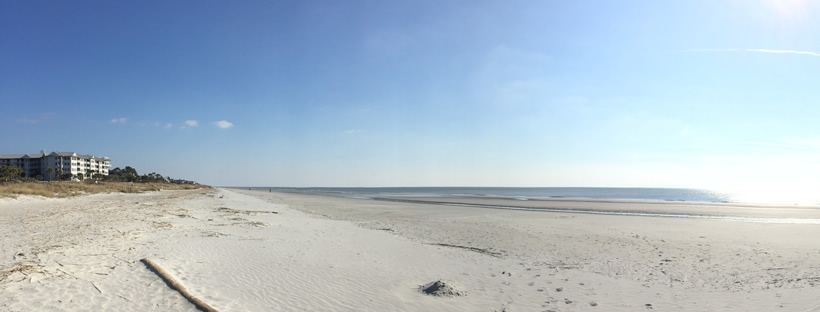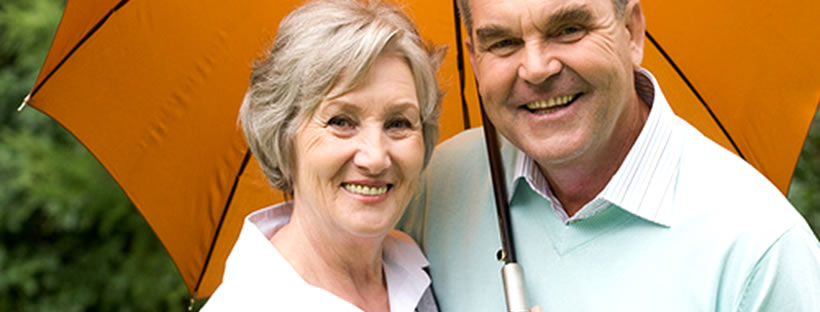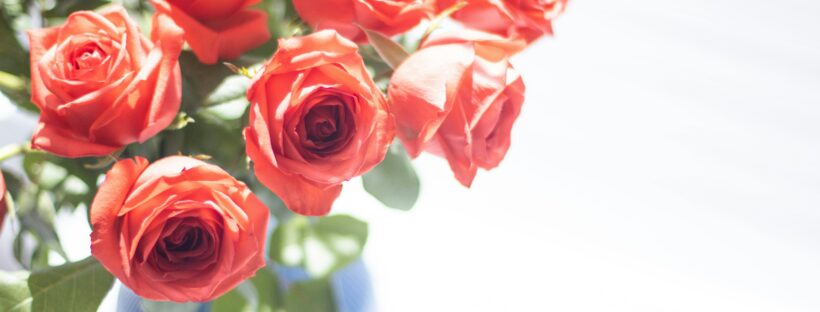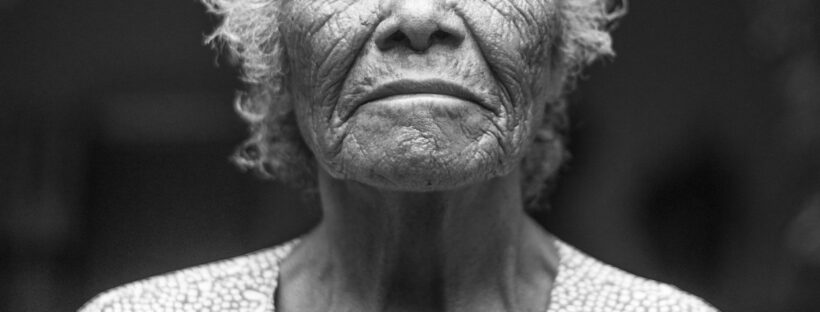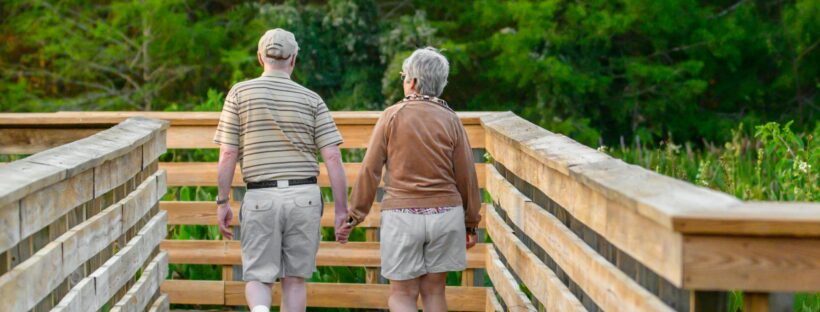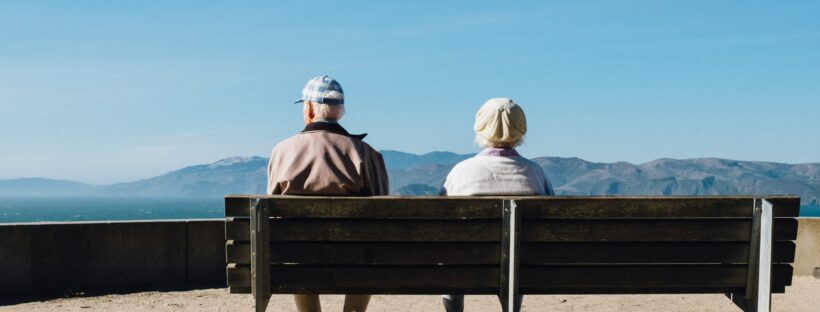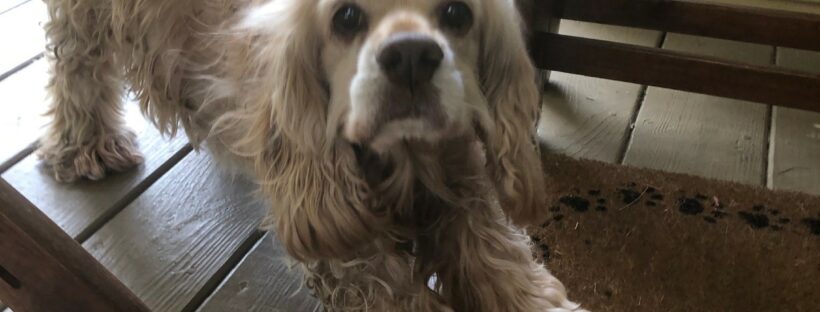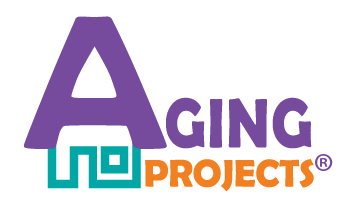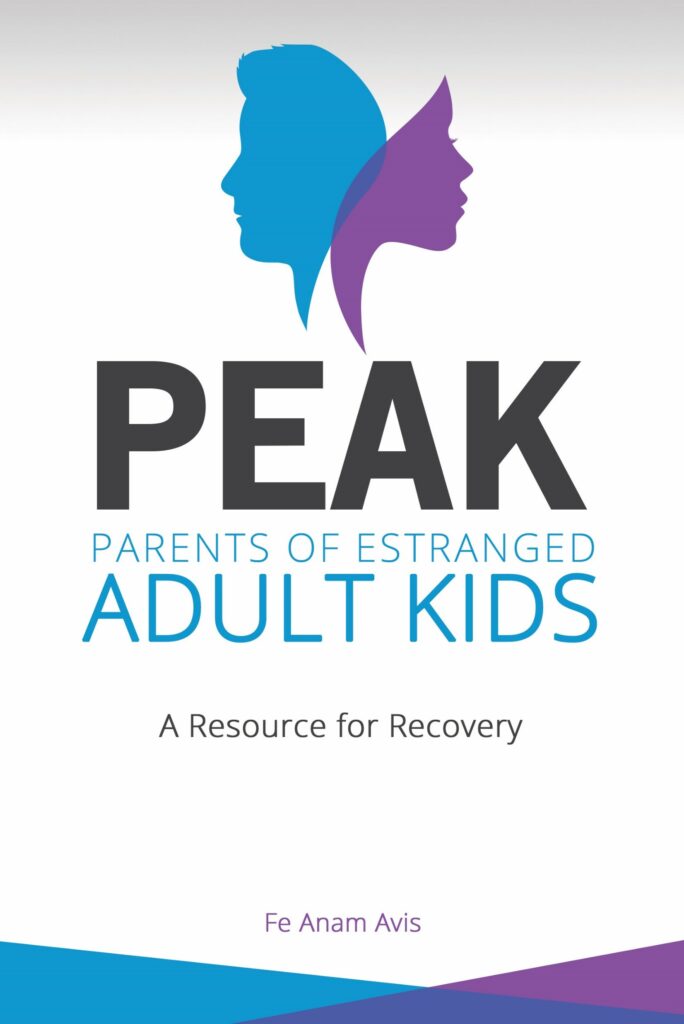Meet Holly! My 7 year old rescue dog.
If you’ve ever adopted a rescue dog, you’ll know that the process often goes both ways: you think you’re rescuing them, but in reality, they end up rescuing you. That’s exactly what happened when Holly, a sweet 7-year-old rescue dog, came into our lives.
A Journey to Healing
Holly had a story, one that we were eager to learn, but it wasn’t just about her past—it was about her future, and how she could become part of the family.
In the weeks that followed her adoption, Holly revealed her resilience. It wasn’t long before we realized that, while we thought we were rescuing her, she was the one doing the real work—rescuing us.
The Power of Unconditional Love
Holly may be 7 years old, but she’s got the heart of a puppy. She has an incredible ability to sense when someone is down or feeling a little off. Whether it’s curling up beside me on tough days or offering a wag of her tail when I need a little lift, Holly reminds me daily that love doesn’t come with conditions—it just is.
She’s also taught us the value of patience. Holly didn’t come to us fully confident. She had fears to work through, from loud noises to new people. But over time, with gentle guidance and understanding, we’ve watched her blossom into a dog that greets new situations and people with more courage than we ever expected. Her journey of healing mirrors the healing that happens within ourselves when we give and receive love, trust, and companionship.
The Unexpected Joy of Adoption
When we decided to adopt Holly, we thought we were providing her with a safe home and a fresh start. What we didn’t anticipate was how much she would enrich our lives in return. From her morning greetings to her joyful spins in the yard, Holly has brought a sense of calm and joy to our household. She’s a reminder that, sometimes, the most unexpected sources of happiness come from opening our hearts to those who need us.
Adopting a rescue dog is an act of love and compassion, but it’s also a two-way street. Holly’s unconditional love has taught us to appreciate the small moments in life, to be more patient, and to approach every day with a little more joy. She’s rescued us just as much as we’ve rescued her—and for that, we’ll forever be grateful.
Caring brings Joy
Any time we care for someone, share our time with someone, it’s not just about helping them; it’s about the bond you’ll create and the unexpected ways they’ll change your life. Holly’s story is just one example of how rescue dogs can teach us the true meaning of love, patience, and joy.

